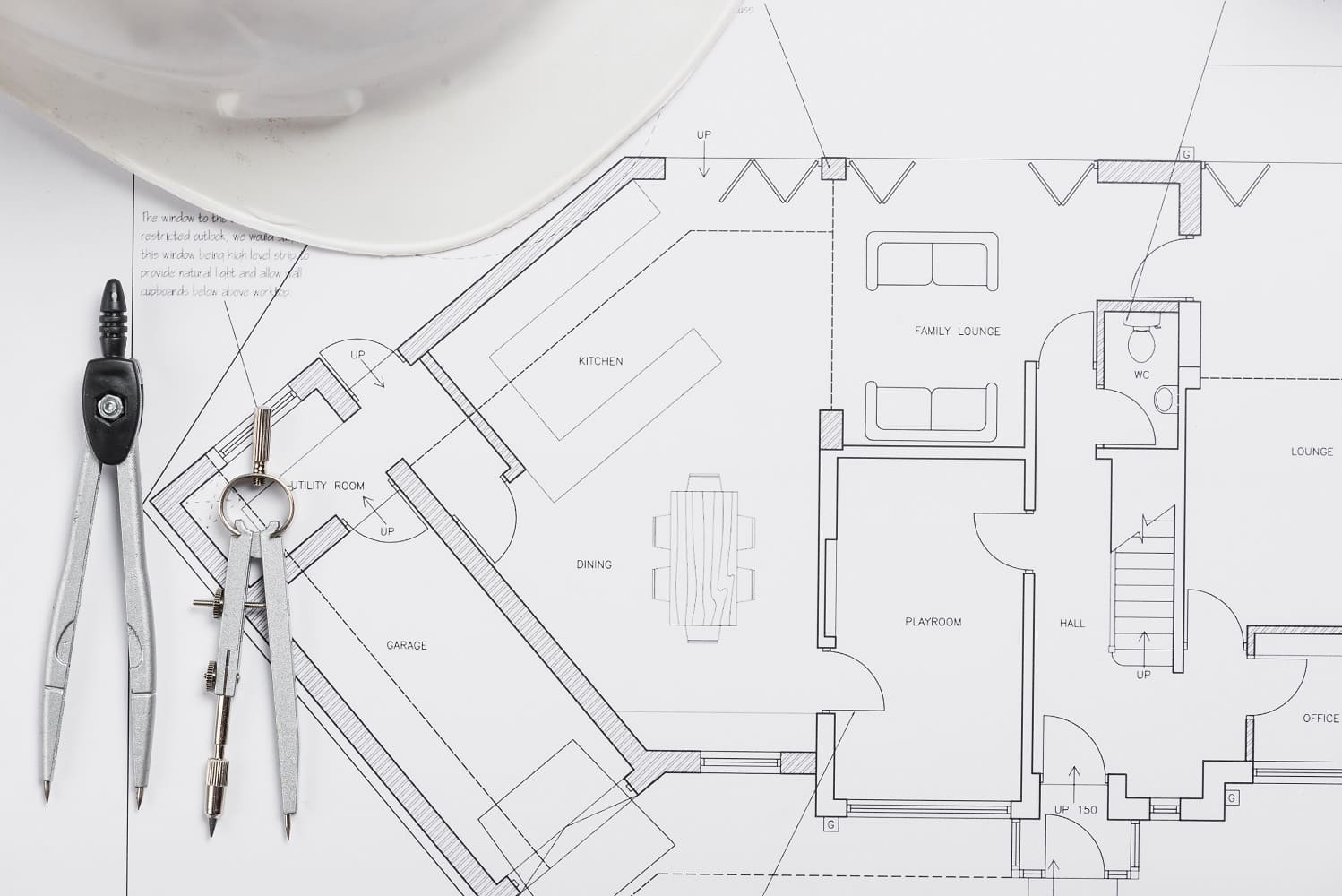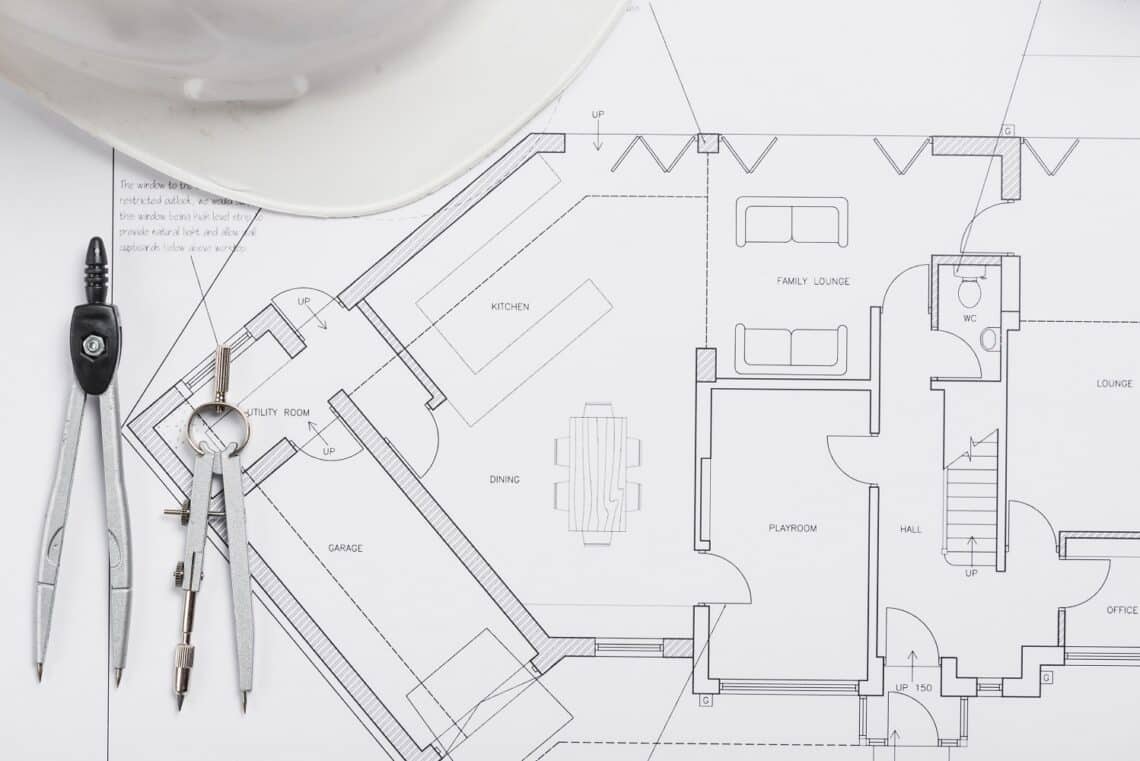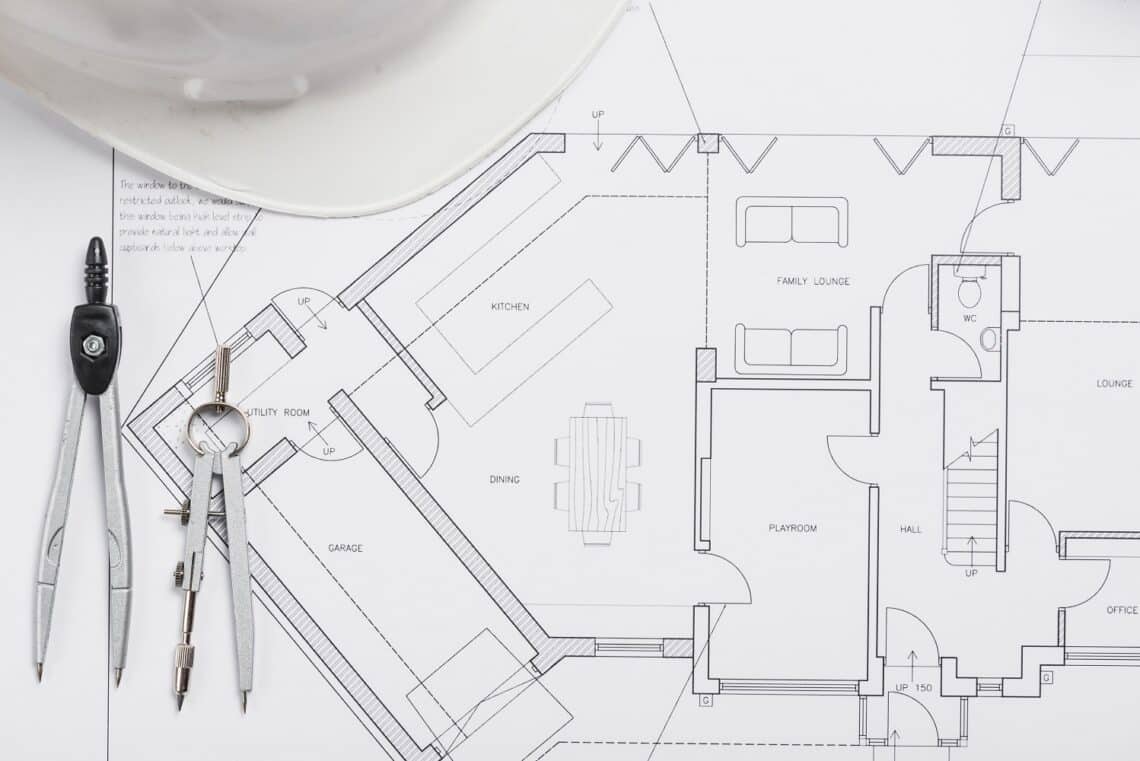The unprecedented rate of global expansion entails the need for more and more construction. Needless to say, then, architecture as a profession is one that’s on the rise.
Architects are essential to construction projects and their expertise comes from honing a variety of skills. Alongside this, a strong academic background is also necessary. However, as challenging as architecture is, the profession brings immense rewards.
The diverse skill set of a qualified architect has a significant contribution to modern society. Also, it is one of the most high-paying jobs you could find. A highly multifaceted and technical profile, the career of an architect isn’t simple. So, what does it take to be an architect?
Outlined below is a list of the essential skills required to become a successful professional in the field. Let’s get right to it.
Skills Required to be an Architect

As one of the most functional forms of artistic expression, architecture demands strict discipline and an even more stringent set of requirements. Essentially, it is art made for the regular use of people. Therefore, along with a Master’s degree, a professional architect must be able to demonstrate the following skills.
-
Numerical Skills
Architects have advanced knowledge of mathematical concepts and are lightning-fast at calculations. This is one of the most essential requirements because for buildings to be safe and fully equipped for emergencies, they must be designed with precision. This is why a background in geometry, arithmetic, and physics is necessary. As challenges increase, it may not be possible to always fall back on traditional solutions but innovate newer ones instead.
Be it earthquake-proof or energy-efficient buildings, advanced math concepts come in handy at all times. Tertiary ones include budgeting, estimation, analytical skills, and converting scales from blueprints.
-
Design Skills
Aesthetics are an indispensable aspect of architecture, and who said design can’t be functional? Long gone are the days when utility and art were mutually exclusive.
Anybody with their vision set on being an architect must understand the nuanced interplay between the two; a construction must serve its purpose, adhere to safety standards, and add to the beauty of its location. In order to achieve all three, the architect seamlessly combines visual appeal with functionality.
To cultivate an understanding of and knack for design, any architect worth their salt has in-depth knowledge of the history of the art-form as well as the industry. Regular design practice is another excellent way of honing one’s creativity, and there is no substitute for hard work.
Conceptualization, sketching, drafting, and industrial design are some of the aspects that come under the radar of design skills. One must put in the effort and the hours to foster talent and nurture it, and design is no exception to that rule.

-
Computer Skills
Nowadays, most industrial and artistic work is dependent on computers and architecture has been quick to jump on the bandwagon. After all, there is only so much precision that can be achieved in a short span of time with human hands.
Sketches and final drafts are all computerized; so, one must have a solid working knowledge of the essential applications for them. The same may be applied to simulations and artistic visualizations as well, all of which add up to the visual and functional output of the team.
AutoCAD is a key architectural software that makes the architect’s life considerably easier if they know how to use the features. Alongside this, skills that call for a sophisticated degree of computer literacy include architectural rendering, model-making, and Revit.

Image via creazilla.com
-
Business Knowledge
Commercial awareness has progressed from being a buzzword on resumes to being an essential skill for any professional. An intensive understanding of any industry is crucial to success and there’s no reason why an architect may be exempt from this.
Having the acumen for business is a surefire way to expand and enhance one’s network within the industry; it also helps you secure lucrative deals and projects that add value to the portfolio. Also, an aptitude for business is necessary to understand the mindsets and needs of stakeholders, which ultimately results in better collaborations and a more holistic work environment.
In addition to that, brand consciousness can go a long way in establishing oneself as an architect and building a name. Some important aspects of business knowledge are scheduling, project management, market research, and data analysis.

-
Communication Skills and Teamwork
The next issue we’ve discussed is probably one of the most important soft skills to possess in order to be an architect. In any construction project, there are a number of stakeholders such as clients, financers, lawyers, surveyors, and contractors. Specialized personnel such as structural engineers are also involved, and liaising is crucial to the job.
Each individual involved has a unique approach to the project along with their own interests and concerns. Effective communication skills entail taking stock of the situation in its entirety and ensuring that all issues are addressed, if not resolved. This may hardly be taken lightly as it’s the people who make the project, not the other way round.
The completion of a project depends largely on how the team members communicate. Be it client relations, coordination, or collaboration, all aspects of inter-team communication require one to listen and respond in a manner that is proactive and geared towards finding solutions.
For an architect to get their point across, it’s crucial that they remain open to suggestions. This is the crux of teamwork – a flexible approach and a balance between controlled and independent working.
Architecture calls for collaboration, which is where one’s capacity to work with others is truly tested. You may be required to carry out a number of tasks such as discussing the project with the client, negotiating the cost of resources with the construction team, and liaising with local government bodies in order to adhere to the environmental demands of the location.
Therefore, if one is adept at teamwork and armed with excellent communication skills, the job is only made easier.

-
Legal Knowledge
Part of the architect’s job is to be aware of building codes and zoning laws, all of which play a role in the kind, location, and time of a construction project. Many such regulations have a direct impact on the architect’s decisions, for instance, the number of windows and their sizes may be regulated by external bodies.
On the other hand, these laws also dictate the kind of construction that may be allowed in certain locations, especially fragile ecosystems such as wetlands and flood or earthquake-prone areas.
Other forms of ordinances may not pertain to the architect’s immediate responsibilities, but influence the project to a considerable extent nevertheless. An understanding of fire safety measures, codes for zoning, architecture, and building are part of the professional’s knowledge of legalities and must be continually studied as they’re often subject to change.

-
Other Important Skills
In addition to the specific skills mentioned above, in order to be a successful and reliable architect, one must cultivate a number of soft-skills and competencies. Many of these strengths also contribute to one’s holistic growth as an individual.
For instance, troubleshooting is often a task that architects are faced with as they work with a large group of people and an even bigger pool of resources. Chances of miscommunication and altered plans always exist within a project. This is when one must adapt and be flexible enough to propose a diverse range of solutions.
Also, it helps to be able to think on one’s feet. Critical thinking, therefore, comes in handy. An important aspect of managerial duties that an architect often has to carry out is delegating work and overseeing the progress of the team. In both cases, a capacity to analyze and assess is necessary.
Lastly, be it verbal communication or paper writing, clarity in thought is a defining attribute of any successful architect. In order to see a project from its inception to completion, a dependable architect is the one who applies their technical expertise along with their soft-skills in equal measure.
Final Words
Being an architect is far from easy. It is a vocation that is the perfect blend of technical prowess, creativity, and soft-skills. For this reason, it is also just as challenging. The skills outlined above are not only crucial to honing one’s craft, but they also go a long way in developing an aspiring architect’s artistic vision.
At first, all of it might feel too overwhelming. But it pays to remember that it’s something you sign up for out of love. Architecture is as rewarding as it is demanding. So, in our view, go ahead and start with that blueprint. You’re sure to get somewhere!

Related Articles
Is Being An Architect Worth It?
What Is The Purpose Of An Architecture Portfolio?
19 Best Urbanism, Design, Architecture Podcasts to Follow
Techniques & Good Studying Habits of Architecture Students
Are Architecture Internships the Most Important Jobs Of Your Career?
Learn How To Become An Architect
How to Ace a Skype [Web] Architecture Job Interview Right Now
Learn How To Ace Your Architecture Phone Interview
How Can Architects Promote Themselves?
Architecture or Achiterror | 13 Challenges Every Architect Faces Today
Architecture And The Culture Of Long Hours
Architecture Career Success Tips | Millennial Edition
The Architect and His Career in the Social Media Era
What Questions To Ask In Your Architecture Job Interview?
Architecture Interview Attire Dissected | What to Wear to an Architecture
How To Create A Target List Of Architecture Firms
Things to Consider Before Accepting Your [Architecture] Dream Job
Things to Consider Before Accepting Your [Architecture] Dream Job
Learn How To Get An Architecture Internship
What Skills are Required to be an Architect?
11 Tips on How to Get an Architect Salary Raise
How to Make Money as an Architect | Earning Six Figures in Architecture
Structural Engineer Vs Architect | All You Need To Know
Architect Definition | Ideas & Career
How to Make Money as an Architect | Earning Six Figures
Where to Apply for Architecture Jobs Online Today
Image via creazilla.com











